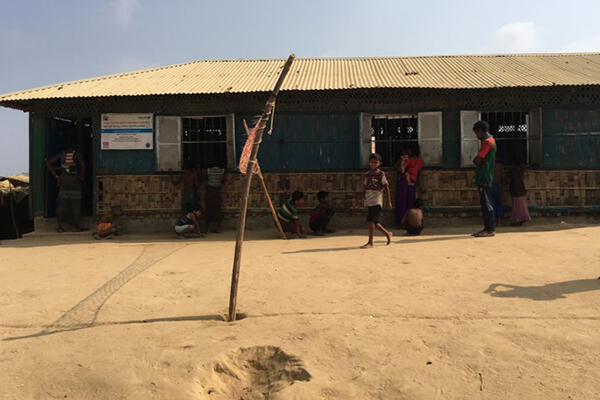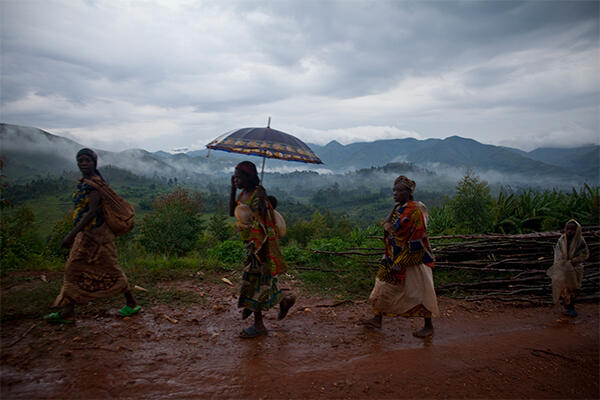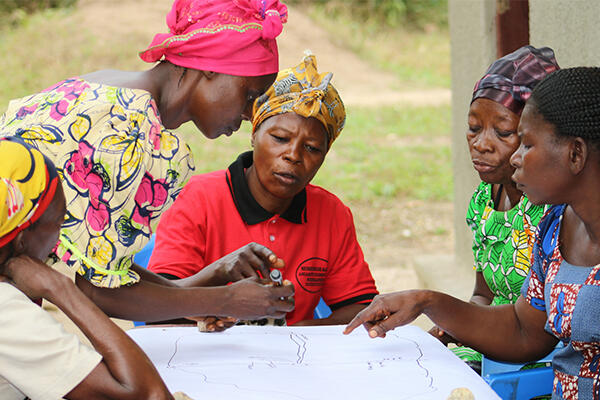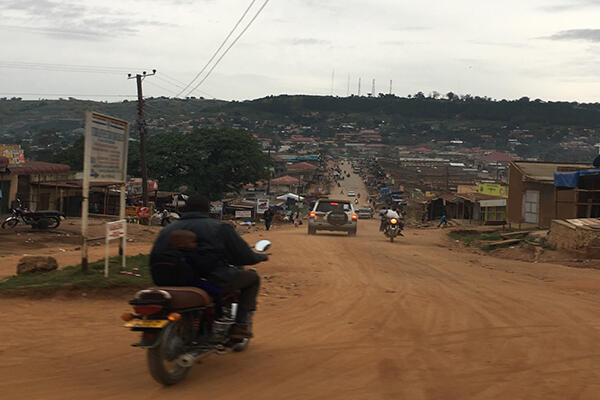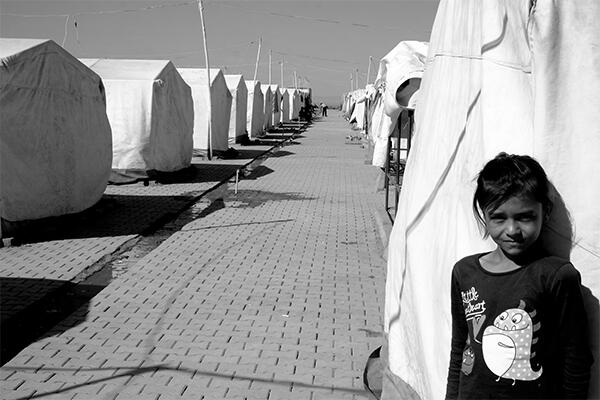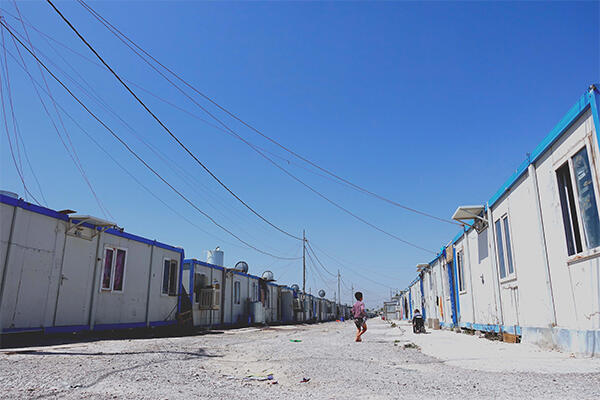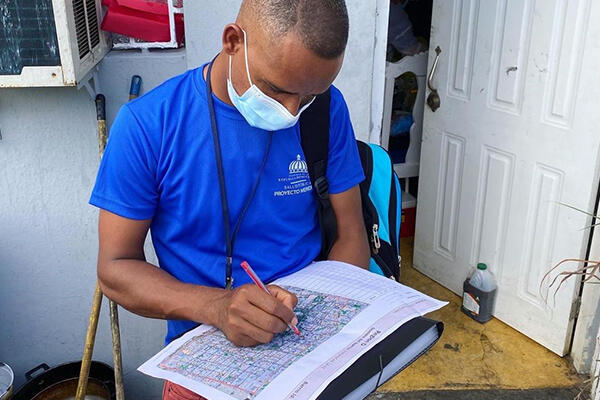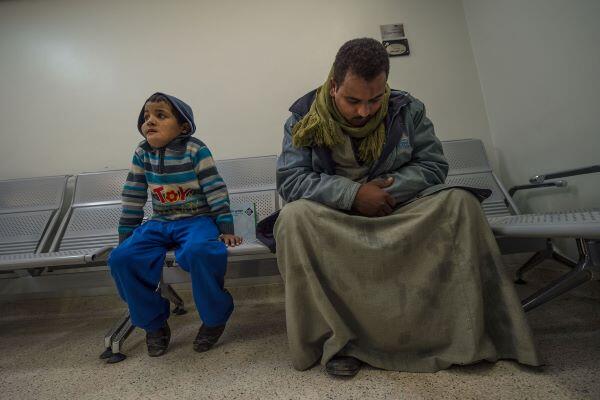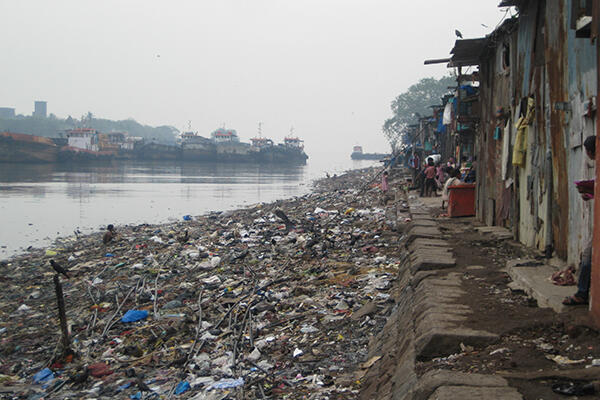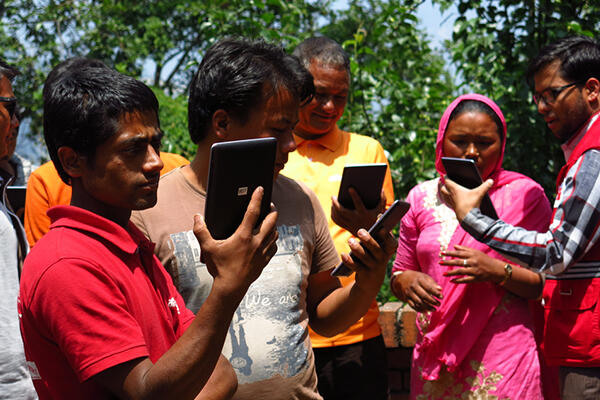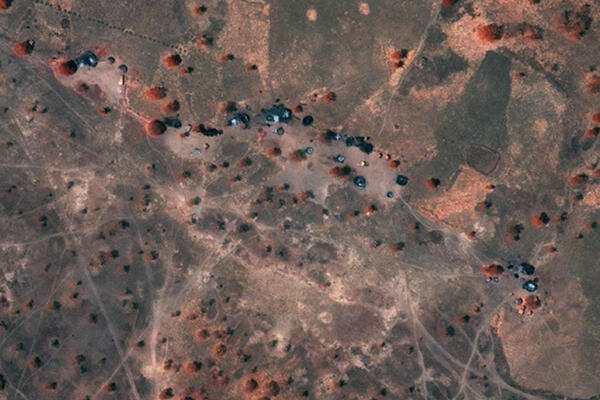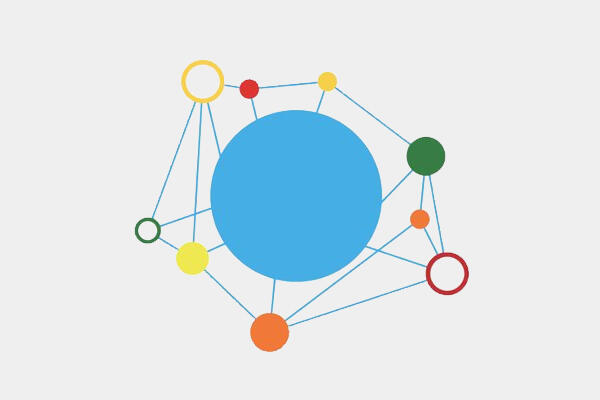In our research, HHI programs explore topics critical to communities affected by crises, such as disaster preparedness, risk resilience, humanitarian negotiation, gender-based violence, program evaluation, and the ethical use of data in humanitarian settings. HHI has been particularly active in identifying and developing emerging trends and themes in the sector: the humanitarian triple nexus, the localization of aid, the proliferation of digital technologies, and the negotiation and leaderships skills necessary to manage complex emergencies.
Completed programs are marked with an *

